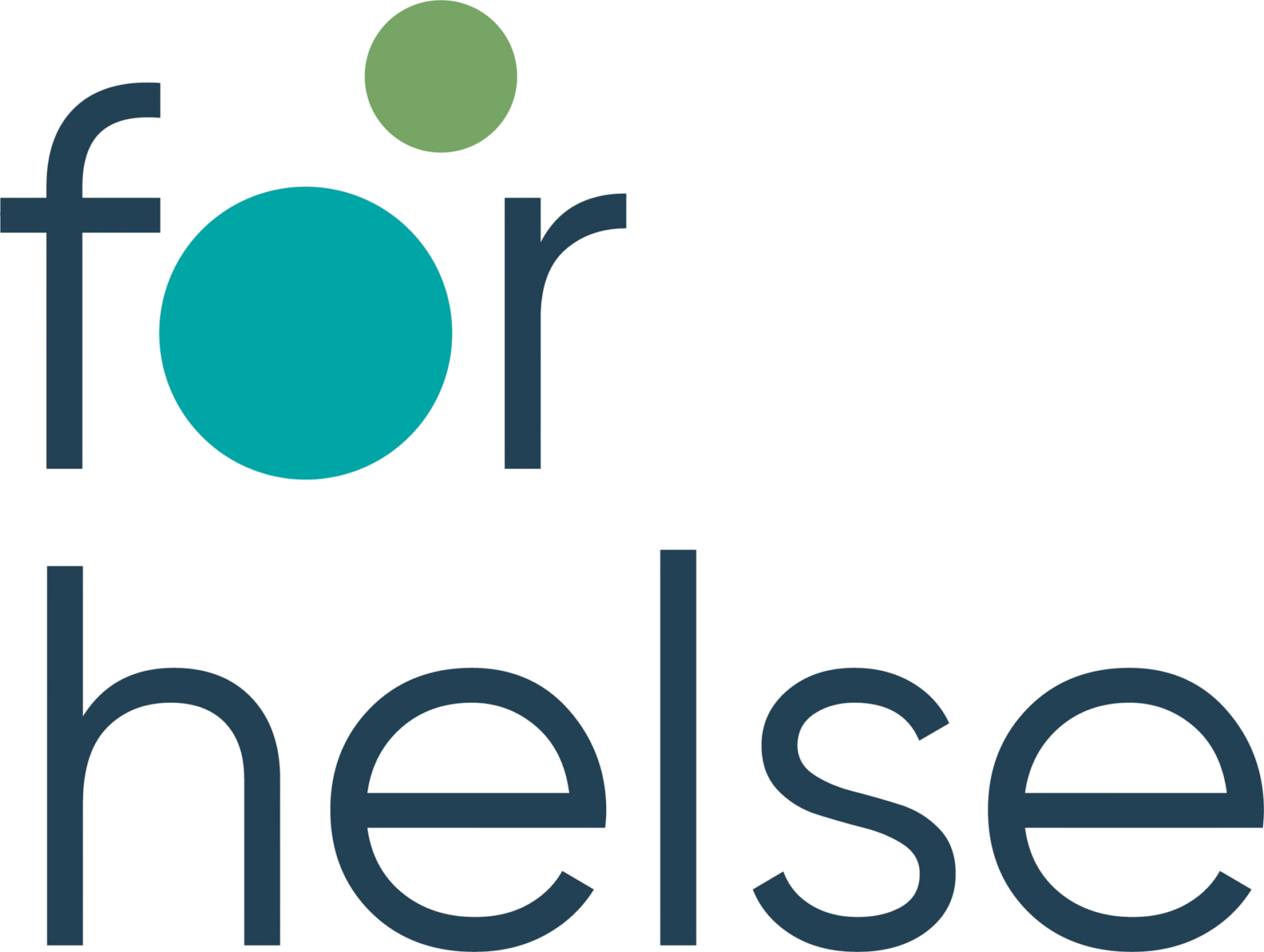Digital treatment of cognitive difficulties after depression

Sunniva Brurok Myklebost defends her PhD degree on the 19.1.2023, with her thesis “Residual cognitive symptoms after depression: Person-based development and evaluation of an internet-delivered cognitive enhancement intervention”.
Cognitive difficulties are common forms of difficulties after depression, also called residual symptoms. They are characterised by difficulties with attention, memory and management functions, which affect daily life and can contribute to the relapse of depression. Despite depression being one of the most common mental disorders, there is a lack of clinical interventions to treat residual cognitive symptoms. Digital interventions can therefore be a solution to increase accessibility to treatment.
The thesis consists of two studies. The first study deals with the development of a digital intervention for residual cognitive symptoms and includes interviews with previously depressed people, where the purpose is to investigate their cognitive difficulties and need for treatment of these. The results show that previously depressed people experience cognitive difficulties in the aftermath of depression and that they need information about residual cognitive symptoms, coping strategies for worry, strategies to increase acceptance and compensation of symptoms through therapist support. Digital interventions for previously depressed people should promote motivation, gradually provide access to information and should be adapted to the degree of residual symptoms.
The second study is a pilot study where we examined the effect of a digital program for adults who have been depressed and report cognitive residual symptoms. The findings show a significant decrease in cognitive residual symptoms and rumination after completion, as well as at follow-up after six months. In addition, the findings show that a shorter duration of previous depression and a high degree of expected treatment effect have an impact on the reduction of cognitive difficulties after six months. The results from the thesis are promising and show that digital interventions can be used to treat cognitive residual symptoms after depression, which can contribute to increased function and reduce the risk of relapse.
Myklebost has Tine Nordgreen as her main supervisor and professor at UiB, Åsa Hammar, as co-supervisor.
The public defence will be held at Alrek Health Cluster at 10:30 am and is open to anyone interested. Trial lecture 09.15 – 10.00 at the same place with the given topic: “Methodological challenges and possible solutions in clinical trials targeting cognition in depression.”
All are welcome!
